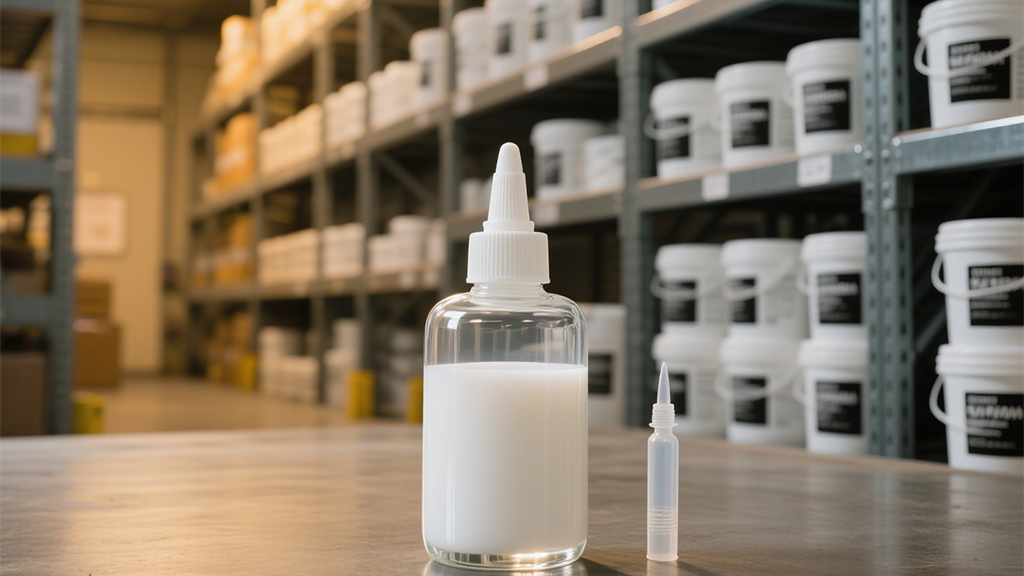Waterbased acrylic pressure sensitive adhesive alternatives include other pressure sensitive adhesive chemistries such as solvent-based acrylics, rubber-based adhesives, silicone-based adhesives, and hot melt adhesives, each offering distinct properties that may suit specific applications where waterbased acrylics are less optimal. Solvent-based acrylics provide faster drying and higher initial tack, making them suitable for applications requiring immediate bonding on non-porous substrates, though they have higher VOC emissions and stricter regulatory constraints. Rubber-based adhesives (natural or synthetic rubber) offer excellent tack and low-temperature flexibility, used in masking tapes and general-purpose applications, but may lack UV resistance and chemical stability compared to acrylics. Silicone-based adhesives excel in high-temperature resistance (up to 260°C) and compatibility with sensitive substrates (e.g., silicone rubber), ideal for aerospace or medical devices requiring long-term skin contact, though they are more expensive. Hot melt adhesives, applied as solids melted by heat, offer strong bonding and fast setting, used in packaging and woodworking, but require specialized application equipment and may have lower flexibility. Bio-based adhesives, derived from natural polymers (starch, proteins), are emerging as eco-friendly alternatives for sustainable packaging, though their performance is limited in moisture and heat resistance. The choice of alternative depends on factors such as application temperature, substrate type, environmental regulations, cost, and performance requirements, with waterbased acrylics remaining preferred for their balance of sustainability, versatility, and performance in most general applications.
